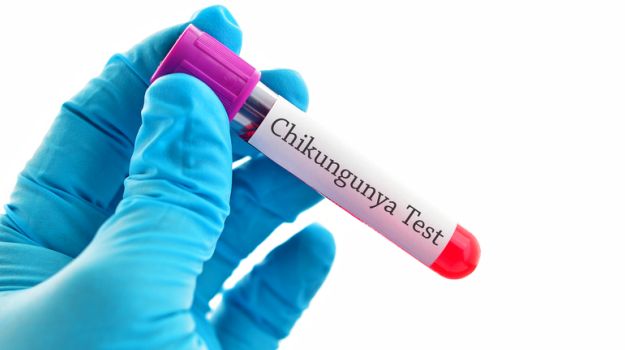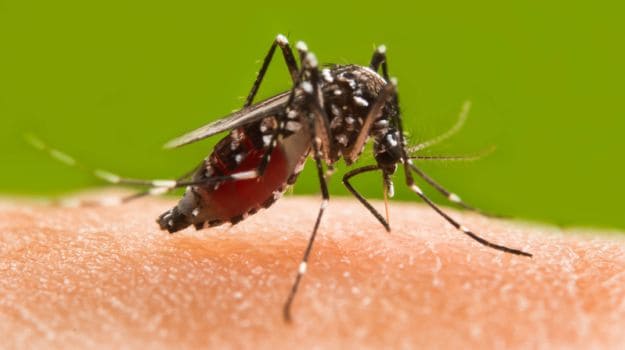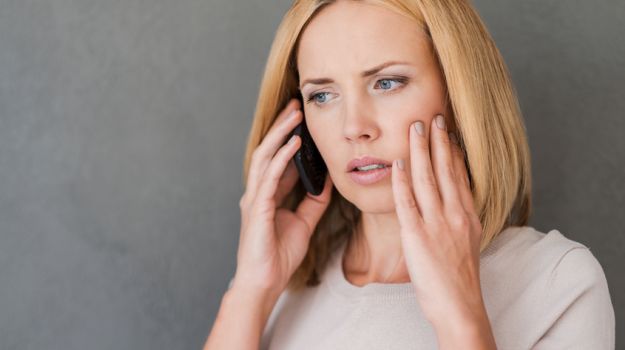
While the capital city, along with many parts of the country, grapples with the rising instance of dengue, experts signal the outbreak of another mosquito-transmitted disease – chikungunya. The World Health Organisation (WHO) defines it as, “A mosquito-borne viral disease first described during an outbreak in southern Tanzania in 1952. The name ‘chikungunya’ derives from a word in the Kimakonde language, meaning “to become contorted”, and describes the stooped appearance of sufferers with joint pain (arthralgia).”
According to the WHO and Centers for Disease Control and Prevention, USA, a person will begin to identify the symptoms 3 – 7 days after being bitten by the mosquito. “Chikungunya is characterized by an abrupt onset of fever frequently accompanied by joint pain,” suggests WHO. Other symptoms would include the following:
Chikungunya Symptoms:
1. Headache and muscle pain other than pain in joints
2. Nausea
3. Fatigue
4. Skin rash
5. Pain can be debilitating, disabling and for some it may last for weeks or months altogether.
Cause of Chikungunya:
It should be noted that the disease is spread by the same mosquito responsible for the outspread of Zika and dengue. In case you notice any of the above mentioned symptoms, see your medical practitioner at the earliest.

Diagnosis:
Diagnosis rests on blood tests and other necessary medical examinations. “Several methods can be used for diagnosis. Serological tests, such as enzyme-linked immunosorbent assays (ELISA), may confirm the presence of IgM and IgG anti-chikungunya antibodies. Samples collected during the first week after the onset of symptoms should be tested by both serological and virological methods (RT-PCR),” confirms WHO.
Chikungunya Treatment:
The bad news? There is no medication, vaccine or treatment for the disease. Chikungunya transmitting mosquitoes are active throughout the day with their peak activity ranging between early morning and afternoon. Avoid staying in or visiting areas with mosquitoes. Use mosquito repellent products and sleeping nets, if need be. In case you are diagnosed with chikungunya, keep the following points in mind:
1. Drink plenty of fluids
2. Avoid further mosquito bites as the same mosquito can carry your infection and infect others
3. Paracetamol can help in relieving pain and alleviating fever
4. Do not take NSAIDs (non-steriodal anti-inflammatory drugs), “Until dengue can be ruled out to reduce the risk of bleeding,” CDC, USA.
5. Take rest, see your doctor and inform him/her about the current medication you are on
[“source-ndtv”]










